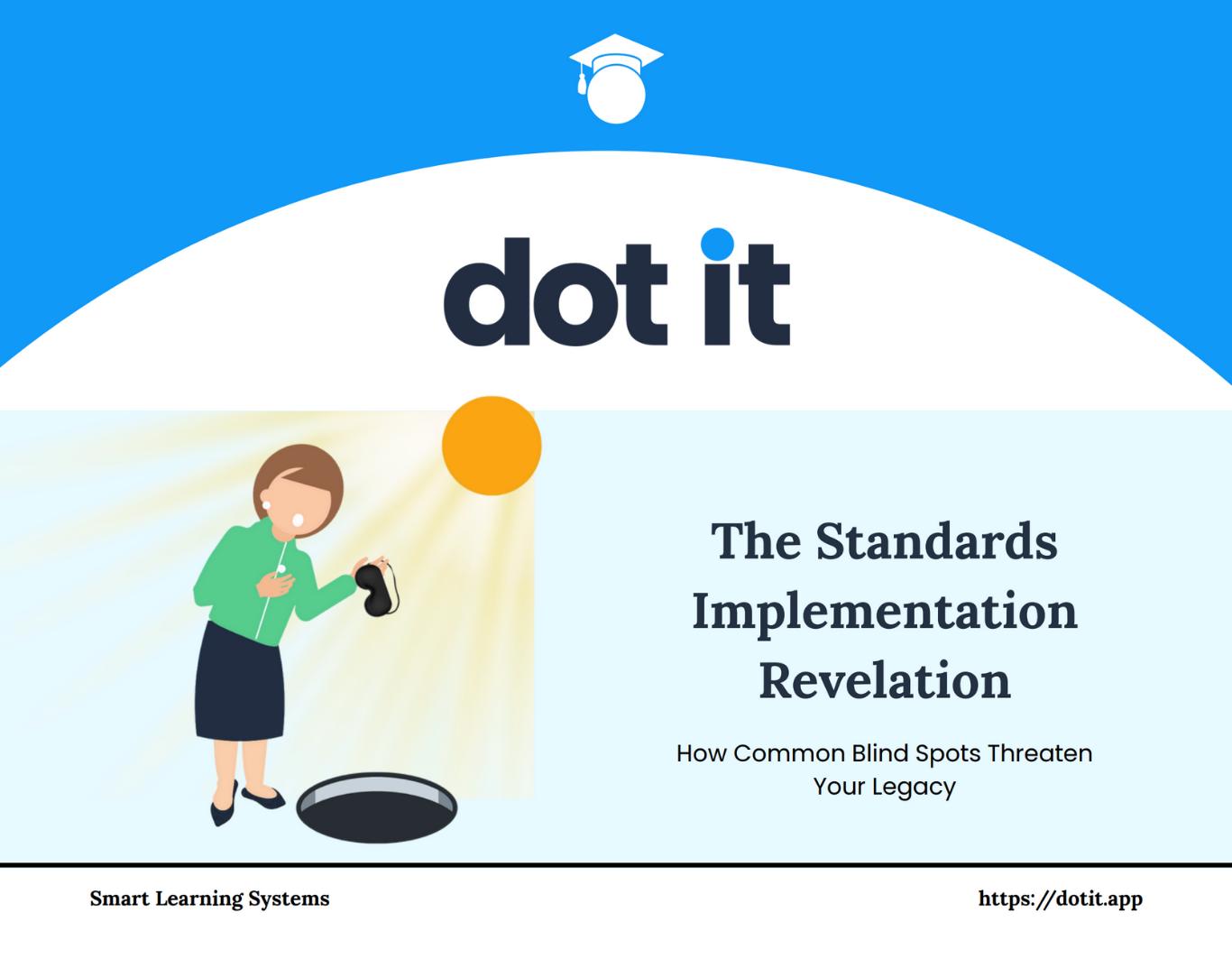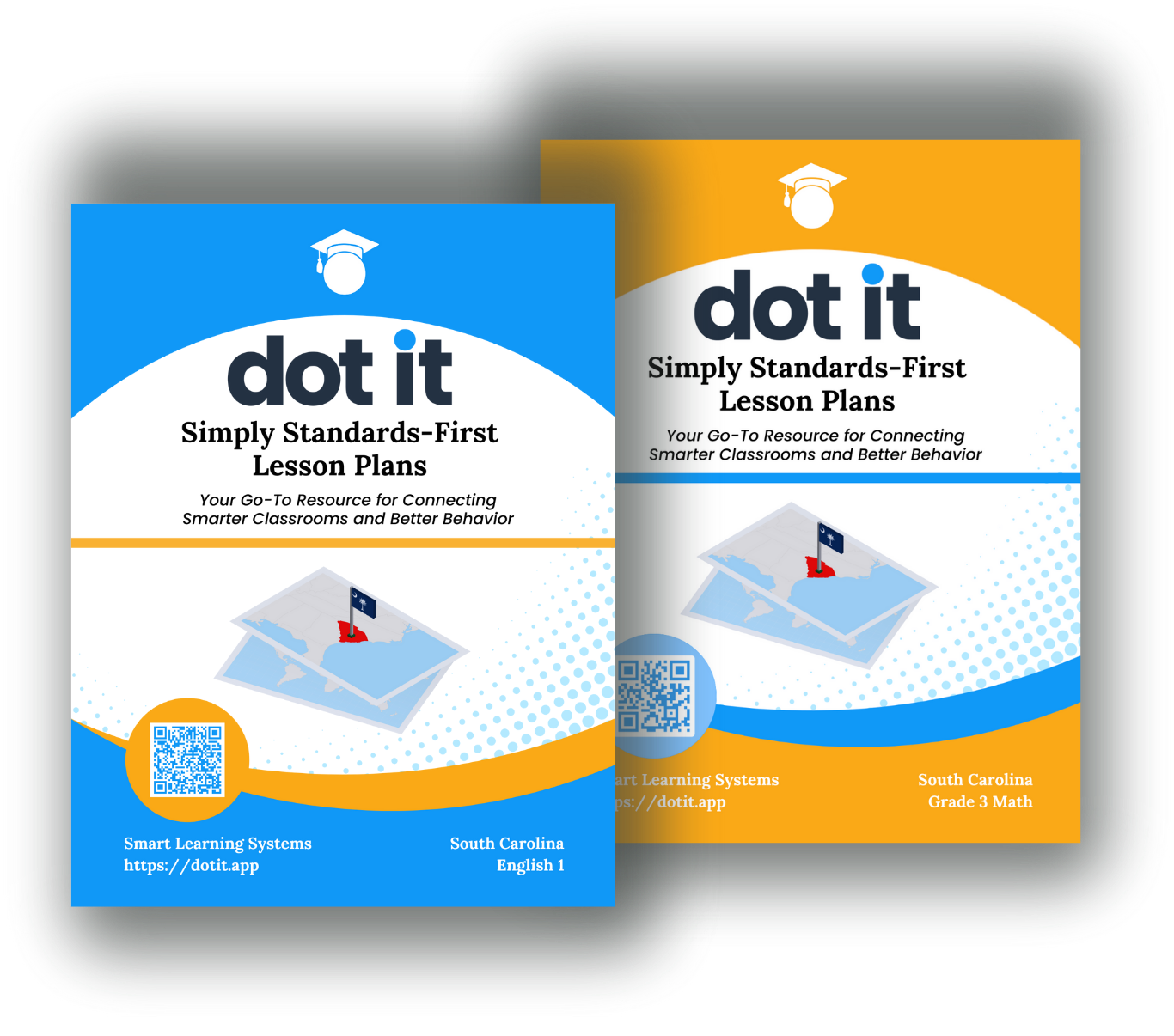Sitting in an MTSS or IEP meeting can be challenging. At times, you are unsure which goals will help your students. You may wonder how to decide. One way to think about goal selection is to consider the cognitive thinking of the student. Do they have difficulty remembering, understanding, or processing information? When you understand the cognitive impact, teams are better able to develop effective MTSS plans and IEPs. In this blog post, let’s look at goal selection for students who don’t understand. Which MTSS/IEP goals will help them? Frequently, when students say that they don’t understand it is due to weak verbal comprehension. In general, verbal comprehension refers to the ability to read, understand, and make sense of language. Additionally, it reveals your vocabulary and knowledge of the world.
Why standards-based MTSS/IEP Goals?
According to The Opportunity Myth, providing consistent opportunities to work on grade-appropriate assignments correlates to better academic outcomes. With this in mind, goals need to focus on grade-level standards for both MTSS plans and IEPs.
Indeed, more than half of all students with disabilities spend at least 80% of their school day in general education classrooms. Students with disabilities are general education students first. Therefore, IEP goals need to reflect the standards.
MTSS/IEP Goals for Students Who Have Difficulty Understanding
What do these goals look like? In short, MTSS/IEP goals ought to be SMART goals. Specifically, a goal that is specific, measurable, attainable, relevant, and timely. In addition, these goals should focus on the knowledge, skills, and/or behaviors needed to progress in the standards. Remember, just because a student does not qualify for specially designed instruction does not mean that weak verbal comprehension is not impacting their learning. The impact is just not severe enough to warrant special education.
For example, here are some ideas for MTSS and IEP goals for students with weak verbal comprehension.

Reading Goals for Weak Verbal Comprehension
- Understanding the meaning of academic vocabulary
- Drawing Inferences
- Deriving the main idea from passages
- Difficulty remembering facts due to and relating the new information to background knowledge
- Understanding how people, events, and ideas connect
- Increasing fluency with more automatic word retrieval
 Math Goals for Weak Verbal Comprehension
Math Goals for Weak Verbal Comprehension
- Understanding the meaning of math vocabulary
- Knowing which operations to use in word problems
- Understanding the relationships between number symbols and words
- Automatizing the relationship between numbers and words
 Writing Goals for Weak Verbal Comprehension
Writing Goals for Weak Verbal Comprehension
- Understanding how to use precise language to communicate ideas
- Being able to stay on topic
- Use of more academic vocabulary to express thoughts
- Organization of the content- making it connect
 SEL and Behavior Goals for Weak Verbal Comprehension
SEL and Behavior Goals for Weak Verbal Comprehension
- Participating in class discussions
- Staying on topic when answering questions
- Understanding directions especially multi-step
- Appropriately asking for help when frustrated
In conclusion, the goals that MTSS and IEP teams develop are extremely important. By understanding the thinking of students, teams can be better equipped to develop goals. Important to realize, students with weak verbal comprehension can have difficulty reading, understanding, and making sense of language. By knowing more about how they learn, you can develop more empathetic and effective plans.






